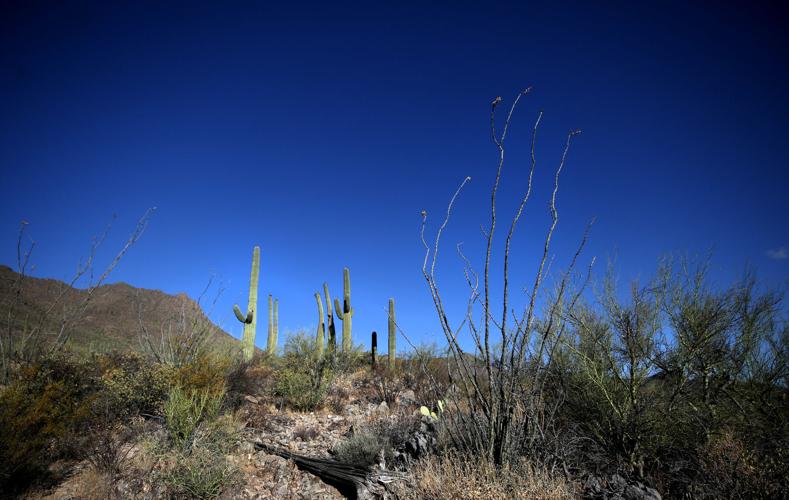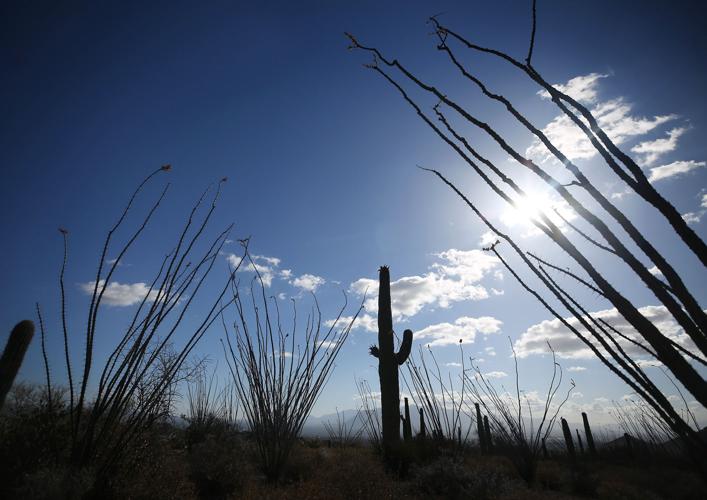The Interior Department has reversed a last-minute move by the Trump administration to rein in a popular conservation program that has helped protect land in Southern Arizona and across the country.
Late last year, environmentalists accused outgoing Interior Secretary David Bernhardt of trying to sabotage the 55-year-old Land and Water Conservation Fund with a slate of new restrictions on how the money could be spent.
Biden’s acting interior secretary, Scott de la Vega, swept all that away Feb. 11 with a new order rescinding Bernhardt’s guidelines for the fund.
The landmark program uses federal royalties from offshore oil and natural-gas production to pay for a wide array of recreation projects and preservation work, from the construction of local ballfields to the expansion of national parks.
Congress permanently reauthorized the program in 2019, then voted last year to fully fund it at $900 million annually as part of the bipartisan Great American Outdoors Act.
Bernhardt’s directive would have prohibited the use of the fund to expand the boundaries of an existing federal park or protected area.
It also would have allowed state and local officials to easily block federal land acquisitions by requiring “a written expression of support by both the affected governor and local county.”
In reversing the Nov. 9 action, de la Vega said his predecessor’s order “needlessly” inhibited the use of the fund as directed by Congress and imposed new restrictions not mandated by the law “without meaningful consultation with stakeholders or the public.”
Conservation groups hailed the move, which came one day after 90 members of Congress — including Arizona Reps. Raúl Grijalva and Tom O’Halleran — signed a bipartisan letter urging immediate action by the new administration.
Bill Lee is senior vice president of government relations for The Trust for Public Land, a San Francisco-based nonprofit that has protected more than 3 million acres across the United States since 1972.
“The Great American Outdoors Act enjoyed overwhelming bipartisan support in part because it expands outdoor access to those who most need it,” Lee said in a written statement. “Equitable access to the outdoors is central to people leading healthier, more resilient lives, and The Trust for Public Land is very pleased the Biden Administration has restored funding for parks and open space in our cities.”
Since its inception in 1965, the Land and Water Conservation Fund has paid for $4 billion worth of projects, located in every county in the country, according to the Interior Department.
Last year, The Trust for Public Land brokered a sale using $1.25 million from the conservation fund for 83 acres of private land on the east side of the Tucson Mountains to preserve a wildlife corridor between Saguaro National Park and Pima County’s Sweetwater Preserve.
The trust’s latest deal would use money from the fund to buy 3,000 acres of private ranch property and turn it over to the federal Bureau of Land Management to protect the watershed and improve public access in the Aravaipa Canyon Wilderness, about 70 miles northeast of Tucson.
That transaction is on track for completion this summer.





